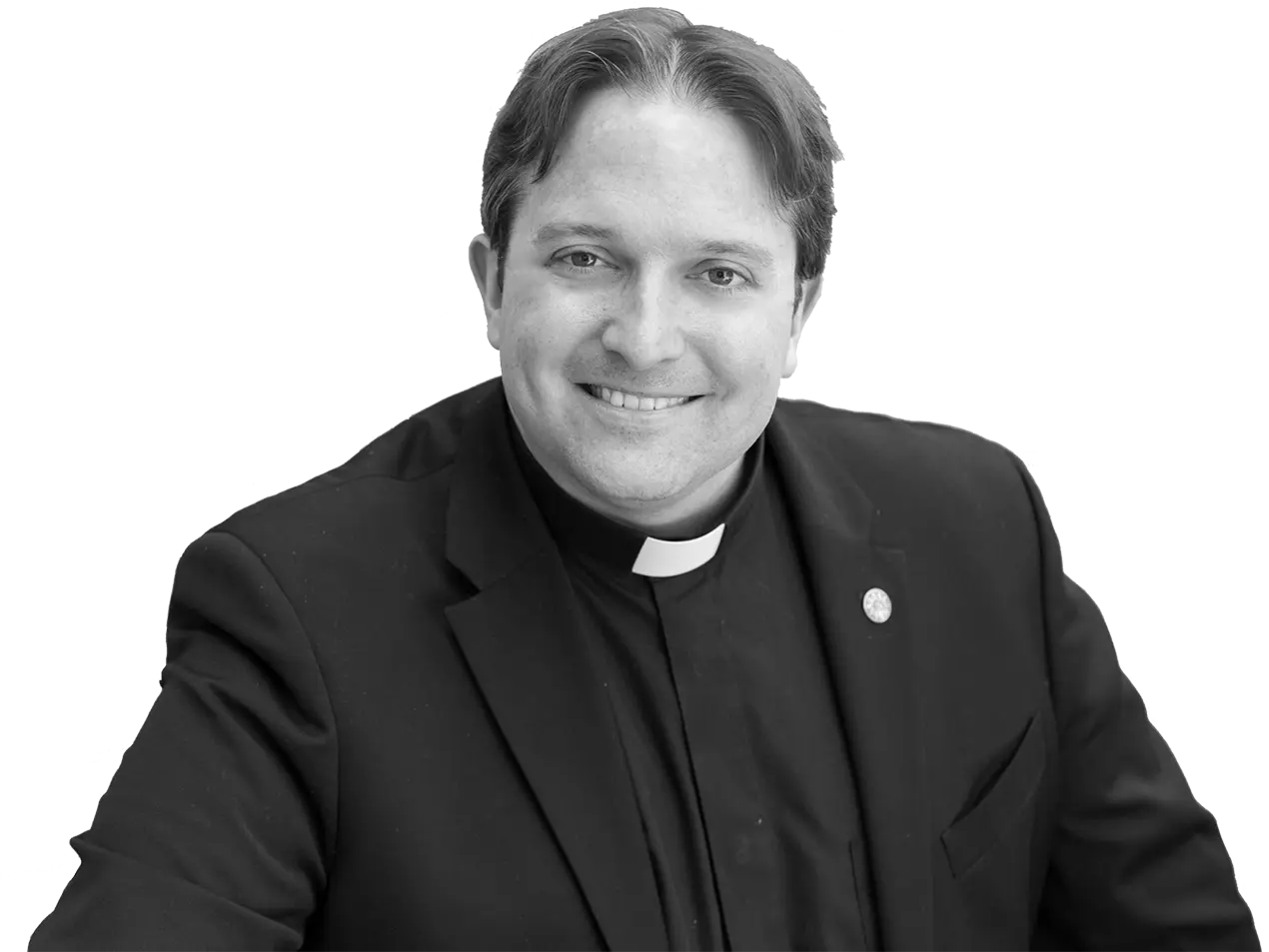 Fr Matthew Charlesworth SJJesuit PriestSociety of JesusJesuit priest working in Southern AfricaFr. MatthewCharlesworthSJ
Fr Matthew Charlesworth SJJesuit PriestSociety of JesusJesuit priest working in Southern AfricaFr. MatthewCharlesworthSJ
 Memorial of St Peter Claver
Memorial of St Peter Claver
Date: | Season: Ordinary Time after Easter | Year: B
First Reading: 1 Corinthians 5:1–8
Responsorial Psalm: Psalm 5:5–7, 12
| Response: Psalm 5:9
Gospel Acclamation: John 10:27
Gospel Reading: Luke 6:6–11
Preached at: the Chapel of the Most Holy Name, Kolvenbach House in the Archdiocese of Lusaka, Zambia.
This morning’s readings call us to reflect deeply on how we, as a Christian community, live out the balance between justice and mercy. They challenge us to consider what it means to truly follow Christ—both individually and as part of the Body of Christ, the Church.
In the first reading, we hear about excommunication—a word that can seem harsh in a Church built on forgiveness. Yet there are moments when the Church, in protecting its witness to the Gospel, may have to ask someone to leave. This isn’t about punishment but about safeguarding the integrity of the faith community. At the same time, the door to forgiveness is never closed. If someone seeks reconciliation with sincerity, they will always be welcomed back with open arms.
But how often do we witness a form of “semi-excommunication” in our churches today? We see baptized Catholics who, for various reasons, stay away from the Communion table. Maybe it’s because they feel unworthy, or maybe they believe they are no longer welcome. This is a tragedy that we, as a community, must address. We must ensure that our parishes and religious houses are places where everyone knows they can seek forgiveness and healing.
In the Gospel, we see Jesus face the Pharisees, who try to trap Him by putting the law above love. They place a man with a withered hand before Him, hoping to catch Him violating the Sabbath. But Jesus shows us something powerful—love transcends rigid legalism. His healing is not only a sign of His power but also a lesson to us that the spirit of the law is mercy.
Yet, how often do we find ourselves like the Pharisees, caught up in the externals—rules, rubrics, and regulations—forgetting that the heart of our faith is love? There are times in the Church when we may see people try to force a narrow-minded interpretation of the faith, locking us into rigid formulas. Whether it’s in our understanding of Scripture, liturgy, or morality, there’s a danger in putting the letter of the law before love. We must pray that we do not become those people.
St. Peter Claver, whose life we remember today, offers us a perfect example. He did not let social or legal constraints stop him from ministering to enslaved people, whom many had considered beyond the reach of the Church. Instead, he brought them healing, comfort, and the love of Christ, transcending the rigid laws of his time in favor of mercy and compassion.
As young religious, we have a unique responsibility. Our vocations are not about legalism or judgment but about embodying the love of Christ. Yes, we must uphold the truth and live according to the Gospel. But let us remember that this truth is one of mercy and forgiveness, not exclusion.
Let us ensure that our communities are places where people encounter Christ’s healing touch, just as the man with the withered hand did. Let us welcome those who feel distant, offer reconciliation to those in need, and always remember that love, not law, is the true fulfillment of God’s will.
Amen.